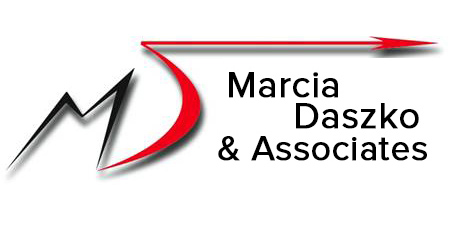Marcia's Leadership Q and As: Back to the Office Transitions
/Q. My company expects us to return to the office three days a week. Those days feel unproductive. What’s happening?
A. There’s wide variation in back-to-the-office experiences. Some work teams are taking advantage of being back in the office together to focus, collaborate, and have more robust discussions (with more defined facial expressions and body language than noticed on a Zoom call.)
Some companies are designing and scheduling experiential learning classes. To invest in the professional development of their staff. Project teams are conducting large group progress discussions. Employees are optimizing the office time to re-build relationships, socialize, and accelerate their goals.
Other groups find that people are in the office and still are isolated and on Zoom calls so there is little interaction. Others are re-socializing, catching up after years of disconnection or are meeting new colleagues in person often for the first time. Work productivity may initially wane as comradery, relationships, and trust emerges—all qualities that will be important for important decision-making in the future.
Q. My friends and I wonder how we should show up for interviews. Some say casual attire is acceptable; others believe a suit is needed. What’s acceptable?
A. Especially post-pandemic, when we’ve seen executives, celebrities, and news anchors in their athletic clothes, we often prefer “always casual.” And my answer is, “It depends—a little.”
If you prefer to go to a meeting more casual, remember if you’re meeting people for the first time, “You have one time to make a first impression.” Think about that. How do you want to show up? Will you be a team member who will collaborate, or do you want to stand out and not fit in? What role do you have?
Think about the first impression you want to make. Think about the industry, the company, the locale, the culture you may be invited to join. Think about how you can be respectful and yourself. Take the elements into your decision. When I attend a meeting, have a conversation, give a speech, what role am I in? Do I need to lead? What might that look like? Am I entering a research department with a lab coat, or am going into sales in the banking industry?
One of my mentees was having his first interview in a mid-size company. As a college athlete, he didn’t have any business casual clothes: no slacks, dress shirt, blazer, tie, or dress shoes. He invested in a few of these things. Being neat, clean, and presentable is most important. Then he made what he wore a non-issue. He didn’t want clothes to be a distraction. He wanted a conversation about his contributions to the company and his desire to learn and grow. He got the job.








